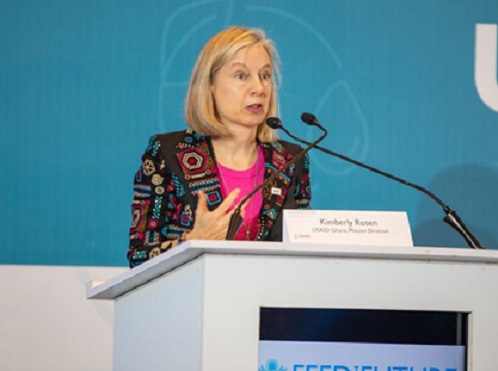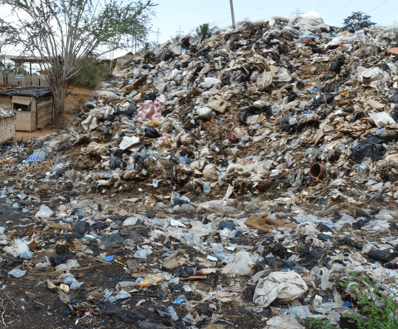

 The National Health Insurance Scheme (NHIS) now spends about 25 per cent of its budget on hypertension and diabetes and their related complications, Dr Maxwell Antwi, the Country Director of PharmAccess, has cautioned.
The National Health Insurance Scheme (NHIS) now spends about 25 per cent of its budget on hypertension and diabetes and their related complications, Dr Maxwell Antwi, the Country Director of PharmAccess, has cautioned.
He, therefore, urged urgent preventive action to reverse the trend, saying the two conditions were driving rising healthcare costs and placing the national health budget under severe pressure.
Dr Antwi was presenting on Innovative Financing Models for Healthcare Sustainability at the 2025 Annual General Meeting of the Ghana Medical Association (GMA).
He noted that the wider economic implications were equally concerning, with an estimated 30 per cent of the adult population living with hypertension or diabetes.
He emphasised that the growing burden of non-communicable diseases required health professionals to intensify preventive care to reduce long-term costs.
He, therefore, called for renewed prioritisation of health promotion and lifestyle interventions.
Better disease control, he advised, was necessary to protect productivity and safeguard the domestic and national economy.
Dr Antwi, however, observed that although financing pressures were mounting, there was a growing pool of private capital that could support the health system and stimulate medical tourism if the right partnership models were adopted by health professionals and entrepreneurs.
Dr Antwi recommended several financing institutions, including the Oasis Capital, Golden Palm Investments, the Investment Funds for Health in Africa and the Medical Credit Fund.
These, he stated, offered products ranging from small loans for health SMEs to multimillion-dollar equity for hospitals, diagnostics and pharmaceutical infrastructure.
These financiers, he said, were prepared to invest where bankable projects and efficient models existed.
To unlock that capital, he outlined partnership options such as Build–Finance–Operate–Transfer arrangements, management contracts, lease or concession models for laboratories and imaging centres.
Joint ventures for hospitals and pharmaceutical plants, and performance-based outsourcing for services, such as maintenance and diagnostics were also available.
He said these models helped revive dormant public-sector assets and improve efficiency, while maintaining government ownership.
“These are not privatisation schemes; they are pathways to efficiency, strengthened services and shared risk,” he explained.
Dr Antwi also highlighted how the NHIS’s digital transformation – from credentialing tools between 2008 and 2010, to biometric enrolment, and the digitisation of more than 90 per cent of claims had positioned the Scheme to make better purchasing decisions.
With the establishment of a Data Analytics Unit at the NHIA, Ghana is exploring value-based care reforms that depend on near real-time data.
These create an opportunity to “pay for outcomes rather than utilisation”, he noted.
A significant portion of his presentation focused on the ongoing value-based care (VBC) initiative for hypertension and diabetes being implemented with the NHIA and the Christian Health Association of Ghana (CHAG).
The programme covers 22 facilities, with 2,534 of the targeted 2,750 patients already enrolled, representing 92 per cent.
Regional data show varying baseline blood pressure levels, with Ahafo recording an average systolic BP of 191 mmHg, far higher than other regions.
According to Dr Antwi, consistent monitoring and adherence to standardised protocols are yielding early improvements, with about 54 per cent of enrolled patients achieving consistently controlled blood pressure, compared to six per cent in the general population.
He said a combination of virtual and in-person care was helping patients achieve faster hypertension control and reduce costly complications.
Dr Antwi acknowledged challenges, such as staff turnover, policy gaps, the need for strict compliance with quality-of-care protocols and the importance of patient-empowering incentives.
However, he said, the investment case for health remained compelling.
He called for deeper collaboration between government, private investors and health professionals, saying: “We cannot solve Ghana’s health financing crisis working in silos. Partnerships, data and innovative models are the only way forward.”
Source: GNA
The post Hypertension, diabetes financing in Ghana said to take quarter of NHIS budget appeared first on Ghana Business News.
Read Full Story























Facebook
Twitter
Pinterest
Instagram
Google+
YouTube
LinkedIn
RSS